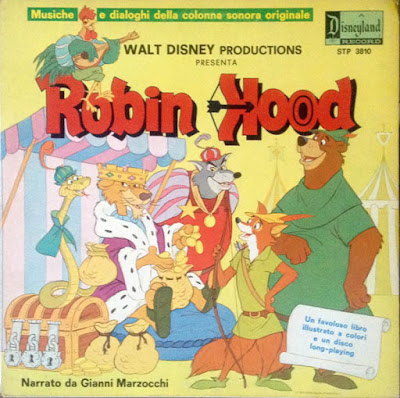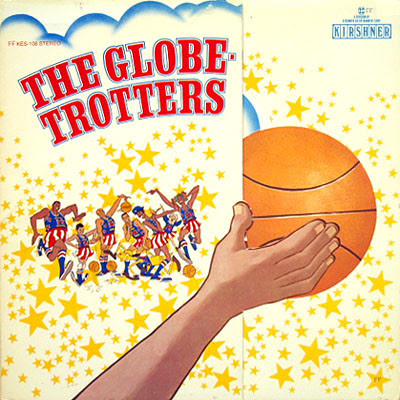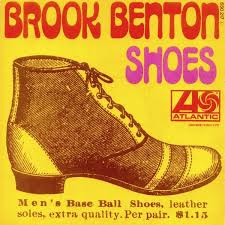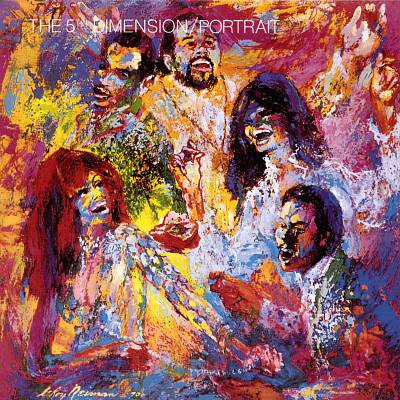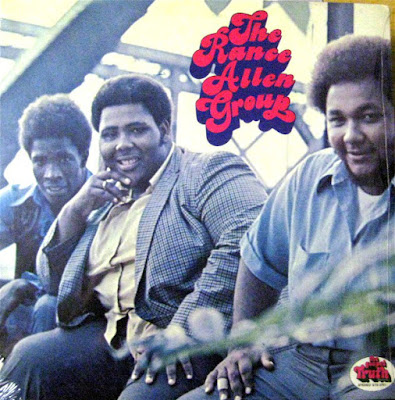“Urca Urca Tirulero” (1974) – Gianni Marzocchi * Written by Roger Miller and Pertita * LP: Walt Disney Productions Presenta Robin Hood * Label: Disneyland Records
The 1973 Disney cartoon version of Robin Hood distinguished itself with American country music star Roger Miller doing the laconic voice and vocals of its rooster narrator. The 1974 Italian dub of the film offered something different, but equally wonderful, with the elegant croon of actor Gianni Marzocchi doing rooster duty. As a late 50s/early 60s Italian teen idol, Marzocchi already gathered some Disney credentials from an appearance with Annette Funicello in a 1962 film called Escapade in Florence. From the mid-sixties onward, Marzocchi shifted gears and devoted himself mostly to the type of voice dubbing he would do for Robin Hood. The opening tune “Urca Urca Tirulero”—the Italian version of Miller’s “Oo-De-Lally”—appeared on a 1974 children’s record and has shown up on a number of reissues, such as the 1996 Italian CD Il Magico Mondo Di Walt Disney. Marzocchi’s version of “Not in Nottingham” (“Non a Nottingham”), which also swoons with special Italian romance and melancholy, has yet to receive the reissue treatment. A whole album of this sort of acoustic material from Marzocchi would have been heavenly; he died of a tumor, alas, at the young age of 56.
Category: 1970-1974
“Gravy” (1970) – The Globetrotters
“Gravy” (1970) – The Globetrotters * Written by Rudy Clark, J.R. Bailey, and Ken Williams * 45: “Gravy” / “Cheer Me Up” * LP: The Globetrotters * Produced by Jeff Barry * Label: Kirshner
Cartoon characters usually had corresponding music business obligations in the early ’70s. The animated Globetrotters, who scrapped the “Harlem” from their name during this peak era of theirs in pop cultural prominence, were no exception. They also owed some kind of debt for their conceptual musical careers to Don Kirshner, who had dreamed up the Monkees and the Archies. The Globetrotters’ only album, released on the Kirshner label (with Archies producer Jeff Barry on board), featured a fun gatefold cover with pop-out art. Although Meadowlark Lemon was the only real life Globetrotter to participate on the album by contributing background vocals, it was journeyman vocalist and songwriter J.R. Bailey who sang lead. No Globetrotter singles cracked the Billboard Hot 100.
“Shoes” (1970) – Brook Benton
“Shoes” (1970) – Brook Benton * Written by Don Covay and George Soule * Produced by Arif Mardin * 45: “Shoes” / “Let Me Fix It” * LP: Story Teller * Produced by Arif Mardin * Label: Cotillion
Slinky, forgotten single recorded with Memphis studio aces the Dixie Flyers in which the singer has a hard time saying goodbye with his “shoes” that “keep walking back.” In retrospect, with the knowledge that it would be Benton’s second to last charting hit, it seems to function as a post-“Rainy Night in Georgia” encore. Listen to “Shoes” all the way to the fadeout so you can hear the harps sprinkle haunted, lovesick stardust. The flipside is a steamy give-and-take with the Sweet Inspirations called “Let Me Fix It,” for which Benton got full writing credit.
“One Less Bell to Answer” (1970) – The 5th Dimension
“One Less Bell to Answer” (1970) – The 5th Dimension * Written by Burt Bacharach and Hal David * 45: “One Less Bell to Answer” / “Feelin’ Alright” * LP: Portrait * Produced by Bones Howe * Label: Bell
The plush “One Less Bell to Answer” is the sound of an abandoned housewife reclining on her personal crushed velvet chaise lounge; she’ll miss her man and his company but she won’t be going anywhere and won’t be losing anything other than him. It’s definitely a more complicated economic iteration of the breakup songs that populated the soul and country charts in its day. The other four members of the 5th Dimension are virtually absent on “One Less Bell to Answer,” which was the group’s first hit (Billboard #2) on the Bell label after switching over from Soul City. Marilyn McCoo contributed the lead vocal as she would do on all of their biggest subsequent hits. A classic entry in the Burt Bacharach-Hal David catalog, the song originally appeared as a 1967 Keely Smith vehicle, which employed an opening doorbell gimmick and projected an aura of despair. McCoo’s version, in contrast, featured her cool composure and an elegant arrangement that gave the song a more sophisticated range of emotional responses.
“Up Above My Head” (1972) – The Rance Allen Group
“Up Above My Head” – The Rance Allen Group * Written by: Trad Arr. Rance Allen * Produced by Dave Clark and Toby Jackson * LP: The Rance Allen Group * Label: Gospel Truth Records
The choruses in the early versions of this traditional song, including the classic 1948 version by Sister Rosetta Tharpe and Marie Knight, conclude that “I really do believe there’s a heaven somewhere.” In this version by the Rance Allen Group, from Monroe, Michigan, the conclusion is that “I really do believe there’s a God somewhere.” Although Allen’s delivery is conviction itself, there’s a loosey-goosey aspect in that word choice that could qualify this as a deist anthem. Yes, this God may take the form of who knows what and reside who knows where, but I know He/She must be there. The IIm chord they’ve adapted into the chorus reminds you of the “when Jesus walked” line in the Edwin Hawkins’s Singers “Oh Happy Day.” Rance Allen is currently a Bishop for the Church of God in Christ in Michigan. You can see this vintage version of the group in the 1972 Wattstax film.

